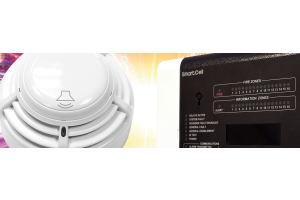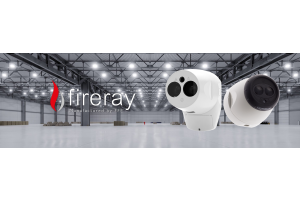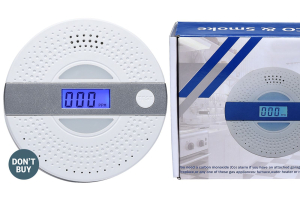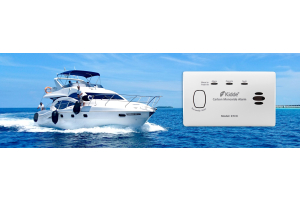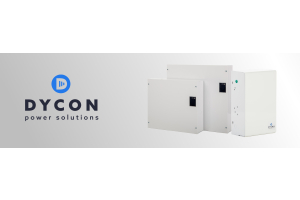
Carbon monoxide (CO) is a colourless, odourless gas that is produced by the incomplete combustion of fuel. It is a serious health hazard, and can be fatal if inhaled in high concentrations.
On boats, CO can be produced by a variety of sources, including:
- Engines: Boat engines are one of the most common sources of CO. When an engine burns fuel inefficiently, it can produce CO as a byproduct.
- Stoves: Boat stoves that use fuel, such as propane or butane, can also produce CO.
- Generators: Generators that are used to provide power on boats can also produce CO.
Carbon Monoxide poisoning can cause a variety of different symptoms, including:
- Headache
- Dizziness
- Nausea
- Vomiting
- Confusion
- Loss of consciousness
In severe cases, CO poisoning can be fatal.
If you think you or someone you know may be experiencing CO poisoning, it is essential to seek medical attention immediately.
There are a number of things you can do to prevent CO poisoning on your boat, including:
- Install a CO detector: A CO detector is an essential safety device for any boat. It will alert you to the presence of CO so that you can take action to prevent poisoning.
- Ventilate your boat: Make sure that your boat is properly ventilated, especially when the engine is running. This will help to prevent CO from building up in the air.
- Keep your engine in good working order: Regularly inspect and maintain your boat's engine to ensure that it is burning fuel efficiently. This will help to reduce the amount of CO that is produced.
- Use a CO-safe stove: If you use a stove on your boat, make sure that it is a CO-safe stove. These stoves are designed to produce less CO than traditional stoves.
By following these safety tips, you can help to prevent CO poisoning and keep yourself and your passengers safe on your boat.
Here are some additional tips for carbon monoxide safety on boats:
- Do not use generators or other fuel-burning appliances in enclosed spaces.
- If you must use a generator or other fuel-burning appliance in an enclosed space, make sure that the space is well-ventilated.
- Never sleep in a boat that is powered by a generator or other fuel-burning appliance.
- If you have a CO detector, test it regularly to make sure that it is working properly.
- If you suspect that you or someone you know may be experiencing CO poisoning, seek medical attention immediately.
By following these safety tips, you can help to prevent carbon monoxide poisoning and keep yourself and your passengers safe on your boat.

























































